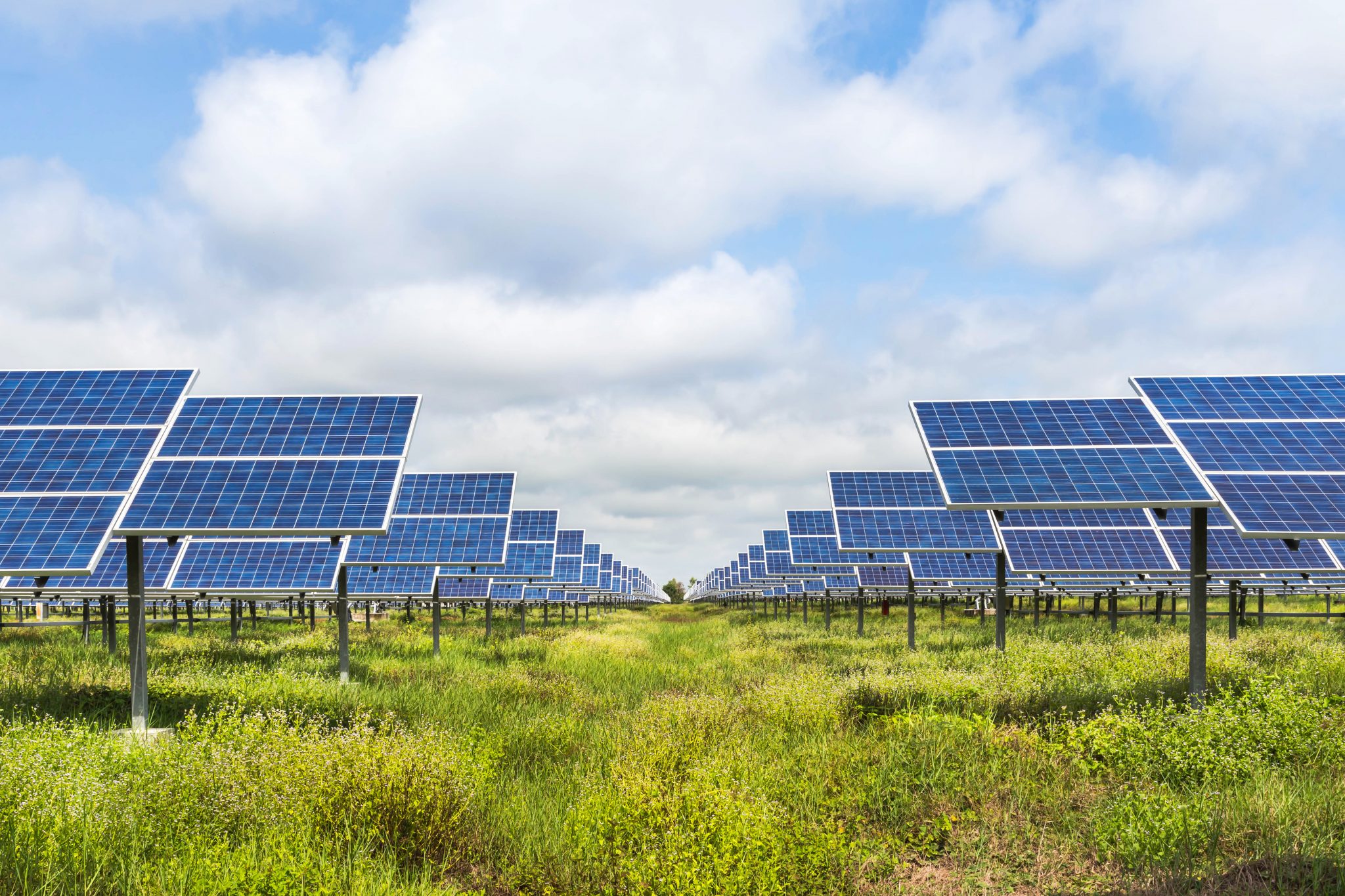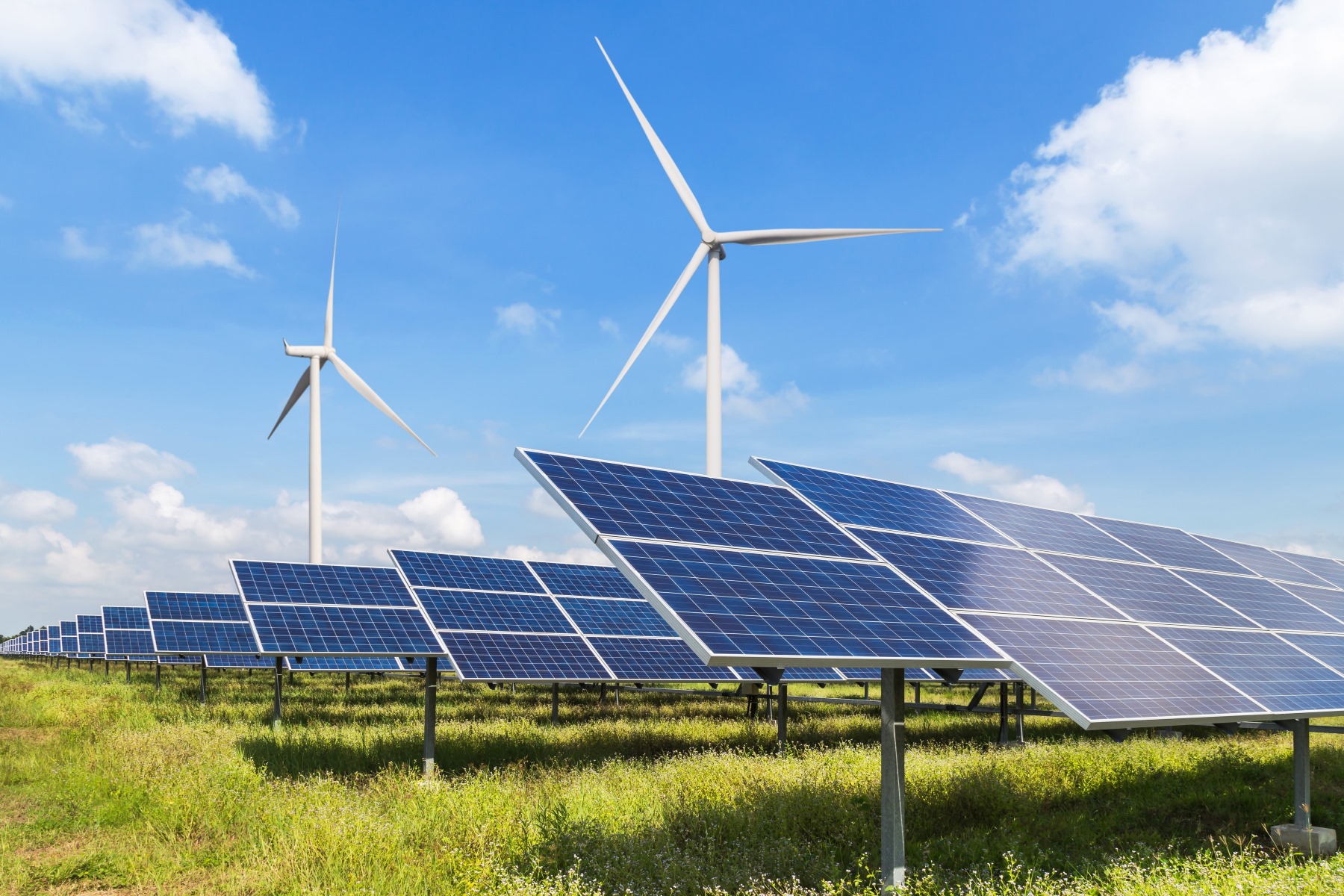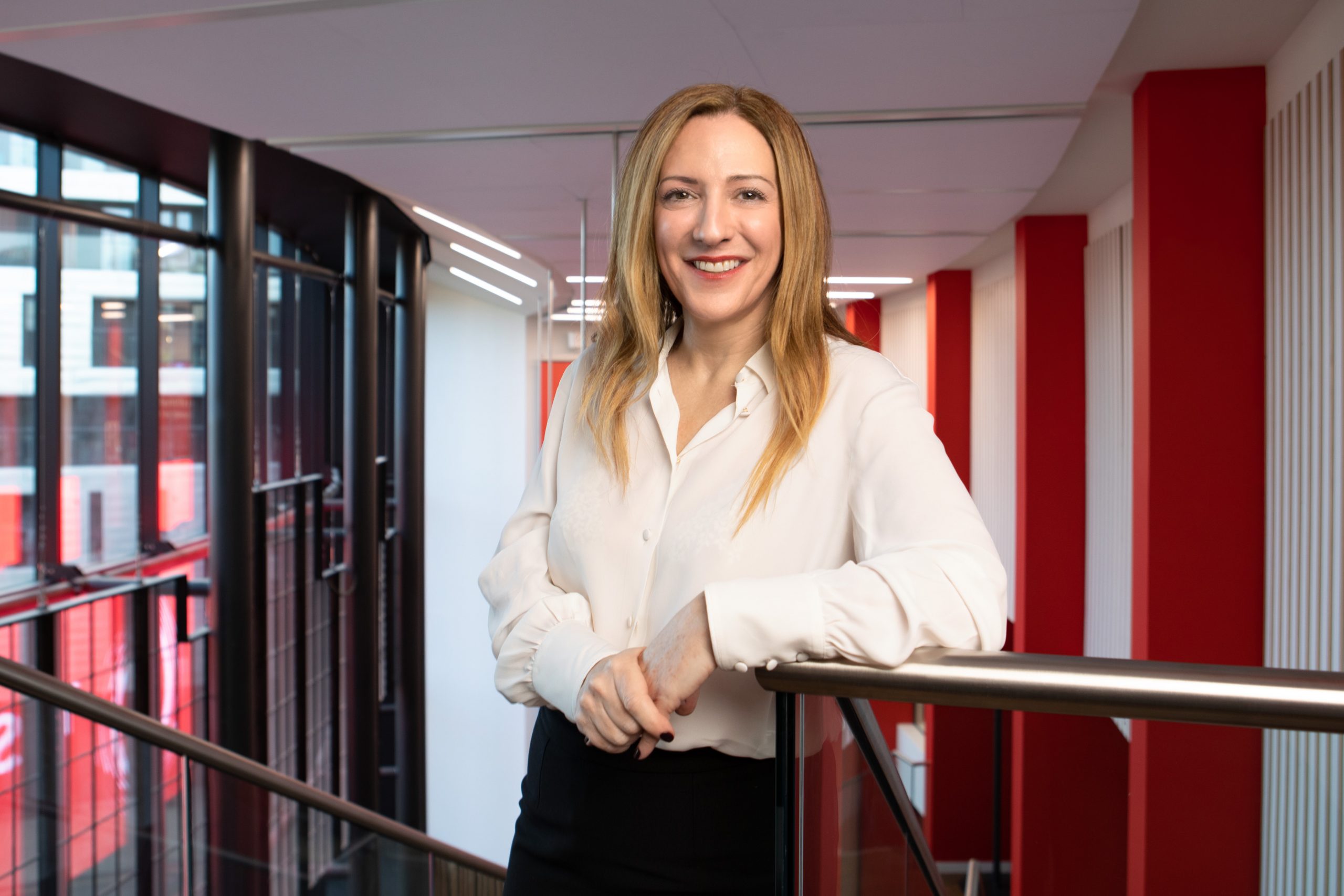
As we celebrate Earth Day, an annual event on 22 April promoting protection of the environment, here's what Vodafone UK is doing to reduce its waste, energy consumption and carbon footprint.
In 2019, Vodafone Group committed to reducing its carbon emissions by 50% and sourcing 100% of electricity from renewable sources (wind, solar, hydro) by 2025.
These are ambitious targets and at the end of last year, John Teasdale, Infrastructure Planning Rationalisation Senior Manager at Vodafone UK, told us about the various ways we’re hoping to achieve them, from building our own solar farm to switching to LED lighting.
Since then, a dedicated team of 84 energy specialists has been changing every aspect of Vodafone UK’s energy culture. Here’s what they’ve achieved so far.
Plastic Pledge
Vodafone carried out an audit of plastic use and determined what could be substituted with more environmentally friendly materials instead.
- In our retail stores and operations, we’ve replaced plastic carrier bags with paper bags and replaced plastic home delivery packaging with cardboard.
- In our offices, all plastic cutlery, plates, bowls and stirrers have been removed. We’ve distributed reusable water bottles to employees and started using refillable containers for cleaning, printing and landscaping.
- We’re paving roads with asphalt made from plastic bags and other waste.
- In our internal coffee shops, employees get discounts on hot drinks if they bring a reusable cup rather than a disposable paper cup with a plastic liner.
Wind Farms
Vodafone UK has made a long-term power purchase agreement with two UK wind farms to provide 12% of our energy needs.
The company is also planning to use solar panels across its entire technical estate, including data centres. Other electricity sources, such as bio-methane, are also being explored.
Green Fleet
In February this year, Vodafone added fully electric vehicles to its fleet of cars. These zero-emission automobiles complement the hybrid vehicles that already exist in the fleet.
To charge them up, there are 13 charging stations across Vodafone UK’s sites that can recharge up to 26 vehicles simultaneously.
By 2021, our ambition is to bring our carbon dioxide (CO2) levels down from 112g per kilometre to 79g per kilometre.
Smart Sites
Vodafone UK is constantly reviewing how to make its sites, such as data centres, more efficient. Data centres are full of servers that need to be kept cool at all times to run properly. To do so while conserving energy, we’re maximising natural cooling from the surrounding environment and installing on-site dynamic thermal management systems, as well as switching to power-efficient LED lighting where possible.
In addition, we’re transforming as many sites as possible into ‘Smart Sites’ by installing lithium-ion batteries, remote monitoring sensors and controllers, all supported by analytics and reporting software. Combining new technologies and methodologies in this way enables Vodafone to remove older, less efficient or more power hungry systems and hardware, such as lead-acid batteries and mechanical cooling.
Best Practice
Vodafone UK has recently helped establish the TMT Energy Forum, bringing together energy professionals from across the telecommunications industry. The forum was established to share best practices so the whole sector – and the rest of society – can benefit.
Vodafone UK’s energy efficiency efforts have already yielded tangible results.
In 2017 alone, the amount of energy saved across the business would have been enough to power 18,000 homes for a year. This achievement was recognised with the Innovation of the Year gong at the Energy Awards.



![Nicki-Lead_image[OPTIMISED]](https://www.vodafone.co.uk/newscentre/app/uploads/2023/10/Nicki-Lead_imageOPTIMISED.jpg)

![White smartphone with screen from green leaves[Adobe Stock]](https://www.vodafone.co.uk/newscentre/app/uploads/2024/04/White-smartphone-with-screen-from-green-leavesAdobe-Stock.jpg)

![Falling Dripping Water Drop[Adobe Stock] Falling Dripping Water Drop[Adobe Stock]](https://www.vodafone.co.uk/newscentre/app/uploads/2024/04/Falling-Dripping-Water-DropAdobe-Stock.jpg)
